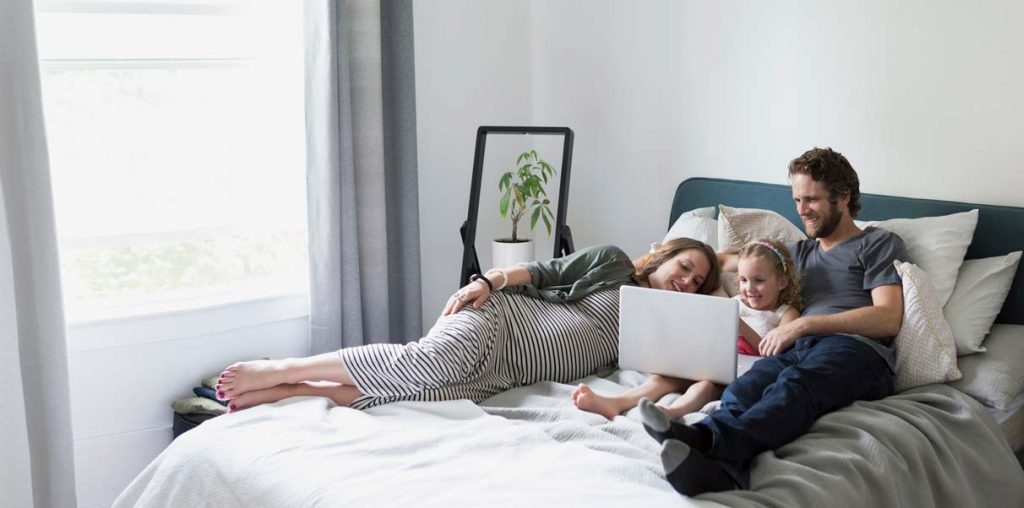Buying a new home is one of the most exciting and satisfying experiences in life. It can also be overwhelming, especially when you are looking to find your first place. Even if it’s not your very first time buying a house, there are always a lot of decisions to make and things to consider. So before you start shopping for your dream home, ask yourself the following questions to help you get focused and make the best decision for your needs.
1. What Is My Budget?
When you are looking to buy a new home, it’s essential to have a realistic idea of your budget. This means factoring in the purchase price of the house and the associated costs such as closing costs, repairs, and moving expenses. It’s also essential to have some money saved up for emergencies since you never know when something might go wrong with your new home.
2. What Type of House Do I Want?
Do you want a suburban home with a white picket fence and a large yard, or are you more interested in an urban loft with easy access to restaurants and nightlife? Knowing what type of house you want will help you focus your search and save time.
3. What Location Do I Want?
Just as important as knowing what type of house you want is knowing what location you want. Do you want to live in the city, the suburbs, or a rural area? Would you prefer to be close to work or school, or would you rather be surrounded by nature?
4. What Size of House Do I Need?
Think about how many people will be living in the house and how much space they will need. You don’t want to buy a huge house if you’re only going to be using a fraction of the space, and you don’t want to buy a tiny house if you’re going to be living with a large family.
5. What Type of Mortgage Do I Qualify For?
Before you start shopping for houses, it’s essential to know what type of mortgage you can afford. There are a variety of mortgages available, each with its own benefits and drawbacks. Talk to a mortgage specialist to determine which mortgage is right for you. Mortgage refinancing can help you get a better mortgage deal.
6. What Are the Closing Costs?
Closing costs are the fees and expenses you have to pay when buying a new house. These costs can add up to a significant amount of money, so it’s important to know what they are and their budget.
7. What Are the Repairs and Upkeep Costs?
When you buy a new home, there are always going to be repairs and upkeep costs. These can include everything from painting and repairing the roof to mowing the lawn and changing the oil in the car. It’s important to have a realistic idea of how much these costs will be so you can budget for them.
8. How Much Maintenance Will I Have to Do?
Along with repairs and upkeep costs, you will also have to budget for regular maintenance tasks such as painting, caulking, and replacing the furnace filter. These tasks don’t usually happen very often, but they can be expensive if you don’t budget for them.
9. What Is the Neighborhood Like?
Your neighborhood can have a huge impact on your quality of life. It’s important to choose a safe neighborhood that has good schools and is close to shops and restaurants. You also want to make sure the neighbors are friendly and that the area is well-maintained.
10. What Is the Length of the Homeowner’s Warranty?
When you buy a new home, it usually comes with a homeowner’s warranty. This insurance policy covers repairs and replacements for a certain period. It’s important to know how long the warranty is and what it covers.
Pro Tip: When buying a new home, always have a loan pre-approval in hand. This will let sellers know that you are serious about buying and give you an edge over other buyers.
These are just a few of the things you need to consider when buying a new home. By asking yourself these questions, you will be able to focus your search and find the perfect home for your needs. But it would help if you also remembered that buying a home is a big decision, so don’t be afraid to ask for help from a real estate agent or mortgage specialist. They can provide you with more information and advice to help you make the best decision possible.

